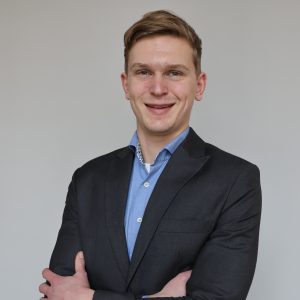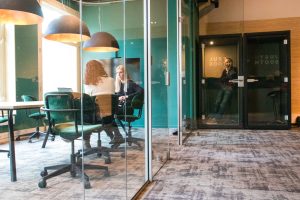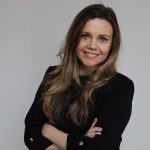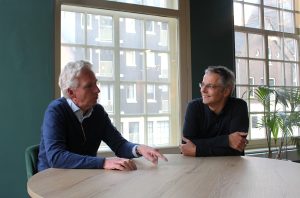My first 100 days as an Associate at Steward Redqueen
The average four-year old asks more than one hundred questions per day. It is safe to say that in my first hundred days working as an Associate for Steward Redqueen I have channeled my inner toddler. Frantically writing down as much as I could absorb in my notebook, these days have perhaps left me with more questions than answers. But soon I discovered this is also the nature of the job as a consultant. The Dunning-Kruger effect postulates that people with limited knowledge or competence in a given intellectual domain overestimate their own knowledge in that area. As you learn more about a certain topic, you become aware how ignorant you had been in the first place. This relates significantly to my experiences as a starting consultant.
My first months at SRQ have been filled with learnings and revelations. From the beginning, I was pleasantly surprised by the laidback atmosphere around the office. I had a warm welcome and everyone was genuinely interested in what I had to bring to the table. This did not necessarily match my expectations of the hustle and bustle of consultant life, where every minute needs to be justified. There is also limited structure and hierarchy at Steward Redqueen, giving you a lot of space to determine your own interests and ‘fit’ within the company.
Our relationship with clients was another aspect that surprised me about Steward Redqueen. I expected a rigid, hierarchical structure in which clients manage and dictate what projects look like, and consultants execute based on the wishes of the client. In fact, a far greater responsibility falls on the consultant, and the relationship between client and consultant is more about co-creation. This gives you a great deal of autonomy on the design and outcomes of the projects, but also creates challenges in managing expectations from the clients’ side. Communication skills are just as important, if not more important, than technical or analytical skills.
Another misconception I had about working at SRQ is that we focus on “niche” topics, largely disconnected from what is happening in the real world. Fortunately, I have come to realize that sustainability and impact management have entered the mainstream. Although this generates its own set of problems, such as greenwashing or impact-washing, it also means our work is very much connected to geopolitical developments, such as recent work of my colleagues, which was presented at the COP27. One corollary of sustainability becoming mainstream is that there’s a lot of different flavours in the sector, ranging from commercial banks and multinationals to NGOs and all shades in between. As a consultant at SRQ, this creates a dynamic portfolio of different projects to work on, each requiring tailor-made advice adjusted to the specific needs of the client.
My first experiences at Steward Redqueen have taught me a lot about the significance of questioning what is taken for granted. There’s this analogy of consultants being insecure overachievers, yet rather I would think of us as curious toddlers. Like toddlers, we contest conventional wisdoms and preconceived ideas, such as the ones I had about working for SRQ. Ultimately, this is at the core of what motivates me to come to work and what drives value for the organizations we work for.
















